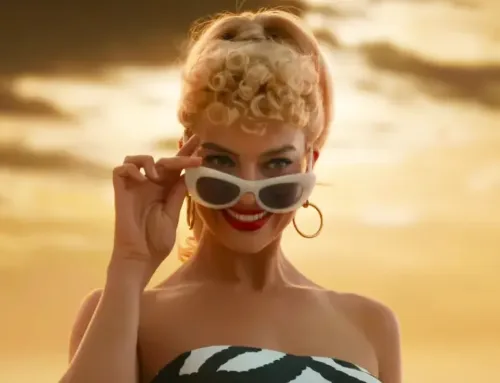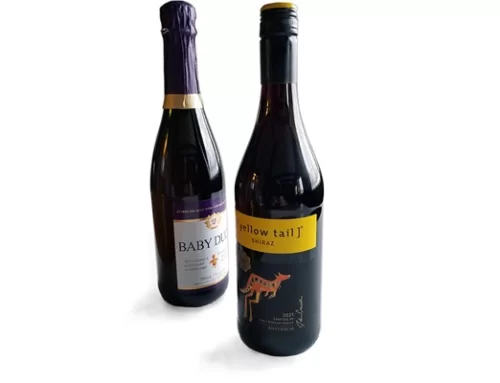Throughout history, every generation seems to accuse those following of being less socially polite and respectful. There is a lot at play in this comment. It can’t be completely true or we would all be treating one another like Neanderthals by now. I think it’s the language of good manners that changes more than the actions, and in the end, it’s the latter that count most.
It would help us all to think of good manners in business as being identical to social etiquette. In every meeting there is a guest and host, some form of invitation and a follow-up thank you. That seems simple, doesn’t it? Of course you can hire a business etiquette consultant, who, for thousands of dollars, can make the prospect of improving your business manners seem very complicated and mysterious. Or you could spend a little bit of time with someone like my Aunt Eileen.
Auntie E grew up in Depression-era rural Canada (the real Depression). She’s farm folk and inspiringly proud of it. Every day she steps outside her home to Elysian Fields. Her life might seem simple, but it isn’t easy. Like so many farm people, she has a built-in bullshit detector that the CIA would die for. In conversation, she looks you in the eye and doesn’t let go. She thinks the Queen’s English is worth preserving, along with all her local colloquialisms. Etiquette is not a word she would ever use. To her, manners are all about treating other people with honesty, respect and friendliness, until they prove themselves unworthy.
Here’s a sample of what Auntie E would tell you about business manners:
- If you set a date for getting back to someone, keep it. If you don’t have an answer at the expected time, tell your contact that, and set a new date for getting back. This doesn’t require a big explanation.
- If you are going to be more than 5 to 10 minutes late for a meeting, as either host or guest, call the other person and offer to re-schedule at their convenience. Rural people can’t use the traffic excuse, so they just tell the truth. It works better anyway.
- Never fill your dance card up with straw men (you may need to consult your country friends on this one).
There is one key area we encounter much more often in business than we do socially (hopefully). It’s the formal rejection: rejection of an idea, a proposal, a partnership or a deal.
If “Yes” is not the answer, can we please just say “No”? No is brilliantly concise and clear, and allows the receiving party to move on. No shows respect for the other party’s time and effort. No is socially mature, as opposed to avoiding saying No by not saying anything.
No doesn’t require a big explanation, but it does require some talk so the receiving party can learn something for the future. Focus on why someone else got Yes. After the receiving party is clear on what No applies to, they need to accept it with respect. A clear specific No means No, not “change my mind.”
The last time I spoke to Auntie E about what I do for a living, she said, “Marketing, is it? That’s a city job for sure. Seems like a lot of mumbo-jumbo that’s really about common sense—I hope you don’t mind my saying so, dear.”
And that is why I’ll take my Queen of the Furrows over overly-made-up Ms Business Etiquette Consultant any day.
- Feature image credit: ©Lindan Courtemanche, Elysian Fields, Glen Huron, Ontario.
- Aunt Eileen is a fictitious name for a wonderful real person I have had the privilege of meeting. As I’m sure she would say, it’s only polite to protect a friend’s real identity in an environment as uncivilized as the web.





